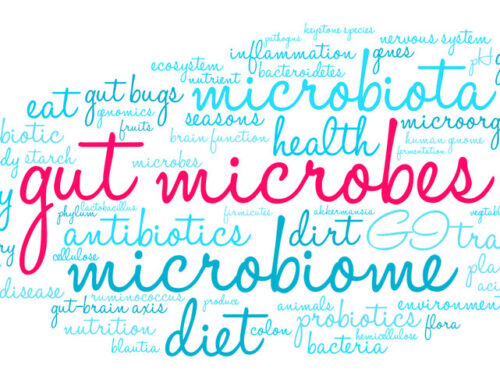Sugar causes overeating. But why? New research demonstrates that a high-sugar diet dulls the sensation of satiety and causes overeating.
Foods with more intense flavor and structure induce sensations of feeling full. Researchers have called this “sensory-enhanced satiety.”
Sugar Causes Overeating
Monica Dus, lead investigator of the new University of Michigan study, published in the journal eLife explains: “Think of a very complex and strong-tasting food—for example, gorgonzola cheese. The pungent and penetrating flavor of this cheese is what makes it much harder to eat in bigger amounts compared to, say, mozzarella.”
Dus, a professor of molecular, cellular, and developmental biology, studied the effect sugar has on these neural circuits in fruit flies.
Neural pathways that travel from the mouth to the brain are unique across organisms, says. These neural circuits in the brain that use the neurotransmitter dopamine to process the sweet taste of sugar are similar in humans, rodents, and flies.
In her latest study, Dus found that when fruit flies eat a high-sugar diet, the response of neurons that signal reward in the brain was decreased and delayed. This leads to the fruit flies overeating.
Study on Sugar Causing Overeating
• On a high-sugar diet, we find that the fruit flies’ dopaminergic neurons are less active, because the high sugar intake decreases the intensity of the sweetness signal that comes from the mouth.
• Animals use this feedback from dopamine to make predictions about how rewarding or filling a food will be.
• In the high-sugar diet flies, this process is broken—they get less dopamine neuron activation and so end up eating more than they need, which over time makes them gain weight.
Study Results Explaining Why Sugar Causes Overeating
• The researchers concluded that the flies who were actually eating sugar were experiencing a dulled reaction to the sugar and no longer had the satiety cues to let them know they had eaten enough.
• The result was that the flies grew fat.
• These results mean we actually can start to create a theory of how a fly decides to stop feeding during a meal—which is remarkably similar to how we humans do—by guessing the amount of energy they’ve consumed using their taste.
Lower Sugar Diets Reduce Overeating
The Dus lab also found that the phenomenon was reversible. The researchers found that correcting the activity of sweet taste cells—getting fruit flies off the high-sugar diet—normalized the response of these neurons to sugar.
The dopaminergic neurons are less active because the taste cells don’t work as well in animals with a high-sugar diet. This lowered activity means less of the “feel good” feeling from dopamine and less satiety from sugar.
The process is somewhat similar to drug addiction. Sugar lights up the same reward centers in the brain. As more and more sugar lands on your tongue, the sensitivity of the reward centers linked to the tongue declines and the centers may require more sugar to experience the same “high.”
Click here to read full study on why sugar causes overeating.







